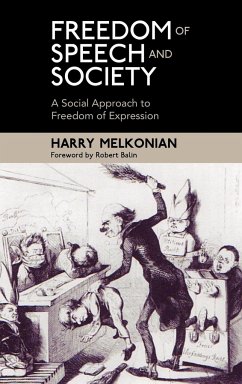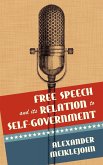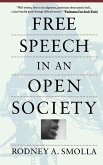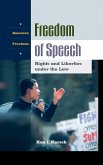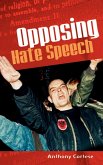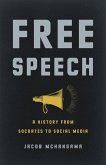Freedom of expression in the age of the internet--communication without borders--is a frequent subject of debate both on a political and legal level. However, the theoretical underpinnings have generally been confined to legal and philosophical analysis. These existing theories are not entirely satisfying because they cannot explain freedom of speech beyond the individual. This book presents arguments that freedom of expression in the twenty-first century can be approached as a social phenomenon through the application of sociological theory. Existing approaches are either confined to political communication or focus on individual wellbeing. In this book, sociological arguments for freedom of expression are derived from both Emile Durkheim's classical social theory and the contemporary theories of Jurgen Habermas. Application of these theories demonstrates that freedom of speech is essential from a societal point of view. This book is the first attempt to bring sociological theory into the free speech debate. Almost always viewed as an individual right, this study, using classical sociological theory, argues that freedom of expression is essential as a group right and that without an expansive freedom of expression, modern society simply cannot efficiently operate. Viewed through the lens of sociological theory, freedom of expression is seen to be not only desirable as an individual privilege but also essential as a societal right. To validate the use of classical sociological theory, the author demonstrates that empirical evidence concerning the demise of criminal libel is predicted by Durkheim's theory and that recent archeological evidence supports the continuing vitality of classical sociology. To bring sociological theory into the twenty-first century, the contributions of contemporary German sociologist Jurgen Habermas are also employed. This modern theory also validates the classical theory. Once viewed through the lens of social theory, freedom of expression as justified by traditional legal and philosophical is explored and then the two approaches are compared. While sociology and philosophy are not at odds, they are not perfectly congruent because one focuses on societal needs while the other is based on the individual. When combined, a more comprehensive perspective can be constructed and, perhaps, a more accurate need for freedom of expression is established. This is an important and ground-breaking book for political, media, and legal studies.
Hinweis: Dieser Artikel kann nur an eine deutsche Lieferadresse ausgeliefert werden.
Hinweis: Dieser Artikel kann nur an eine deutsche Lieferadresse ausgeliefert werden.

